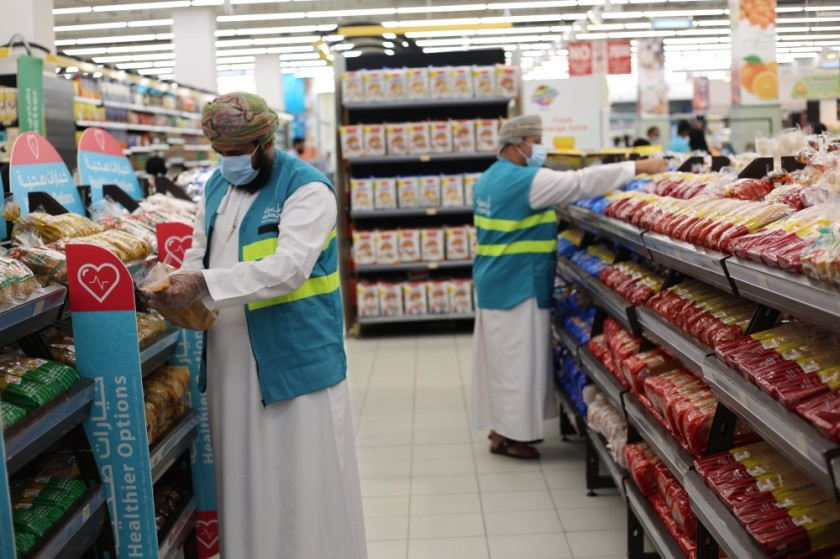MUSCAT: The International Atomic Energy Agency (IAEA) has issued a stark warning regarding the rapid decline of existing oil and gas fields worldwide, emphasizing that without sustained investment, the global energy supply could face significant shortfalls equivalent to the combined annual production of Brazil and Norway. Fatih Birol, the agency’s executive director, highlighted that nearly 90 percent of current investments in the sector are dedicated to offsetting declining output from aging fields rather than expanding capacity to meet new demand, underlining the urgent need for strategic planning to maintain energy security.
The report indicates that average annual decline rates for conventional oil and natural gas have reached 5.6% and 6.8%, respectively, based on data from approximately 15,000 fields globally. These accelerating decline rates are raising concerns over future supply stability, as older fields are producing less while the global demand for energy continues to grow. Without immediate investment in field maintenance and new production technologies, the world could see oil production drop by 5.5 million barrels per day each year, up from 4 million barrels in 2010, while natural gas output could decrease by 270 billion cubic meters annually, highlighting the scale of the challenge ahead.
The IAEA also noted that as of 2024, around 80% of the world’s oil and 90% of natural gas comes from fields that have already passed their peak production. This heavy reliance on mature fields increases vulnerability to supply disruptions and market volatility, placing additional pressure on policymakers to strike a delicate balance between meeting immediate energy needs and adhering to climate commitments. The agency emphasized that halting new investments in fossil fuel projects, a key strategy for achieving global climate goals, further complicates this balance and necessitates careful planning and innovation.
The report serves as a critical reminder of the complex interplay between energy security, economic stability, and environmental responsibility. By drawing attention to the accelerating decline in existing fields, the IAEA underscores the need for global cooperation, technological advancement, and policy coordination to ensure sustainable energy supply. It calls for a concerted effort from governments, energy companies, and stakeholders to invest strategically in both existing infrastructure and alternative energy solutions to mitigate risks to the global energy market and safeguard long-term security.



